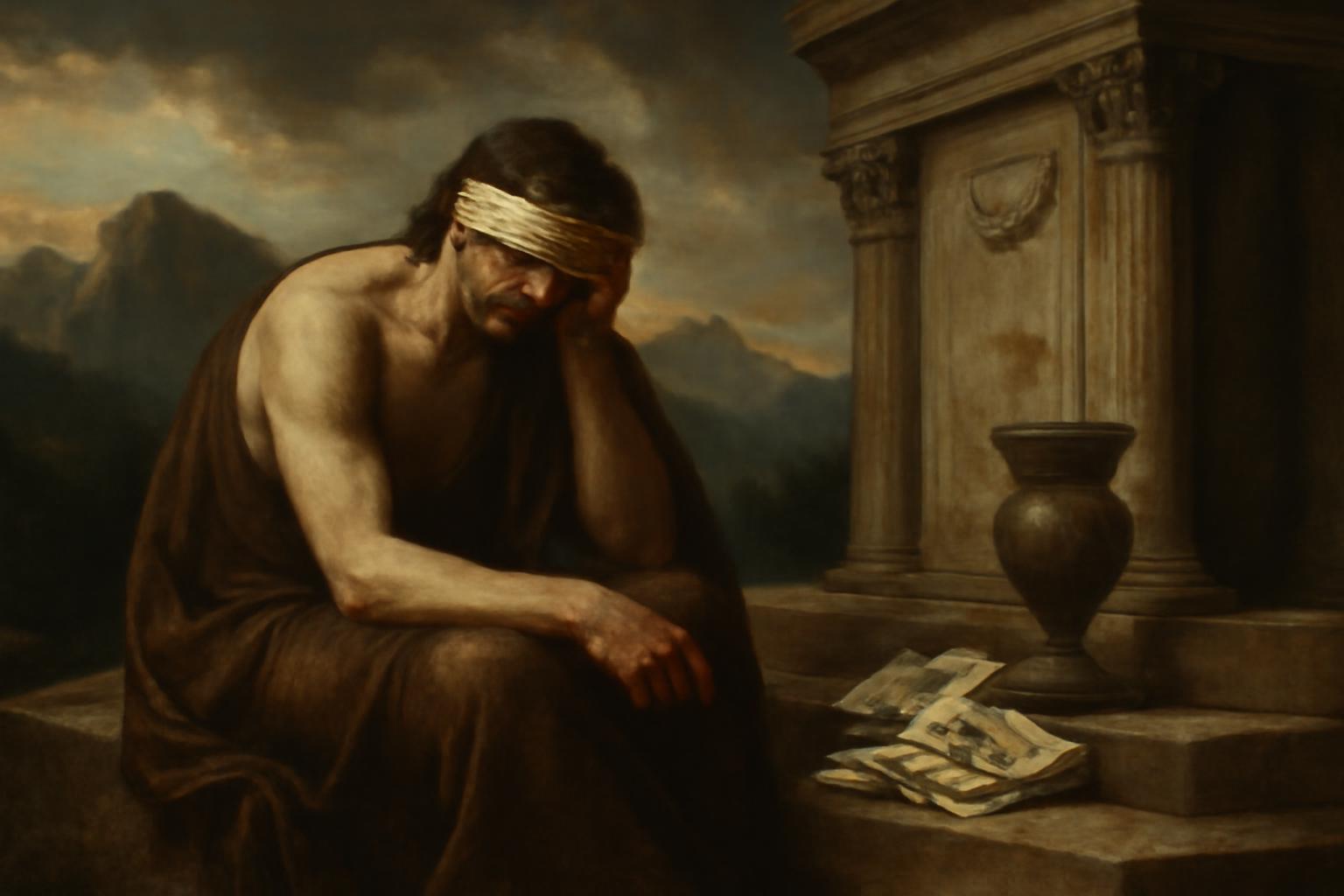In the snows of Jackson Hole, where the high plains bend under the cold geometry of debt and decision, a council gathers as if to weigh the marrow of the republic itself. The official script speaks of the labor market, the slow drift of demographics, productivity’s stubborn specter, and the dry arithmetic of macro policy; yet the air is thick with a more intimate accounting, the unspoken tally of who will bend and who will break when the instrument is tuned for any whisper of relief. A stage-adamant stillness grips the room, for eyes are fixed not on graphs but on a solitary figure at the podium, poised to speak the hour’s truth: Powell, wearing the gravity of a mandate and the fragility of a term that may soon end.
Around him circulate the murmurs of a restless palace that sways to populist thunder. One recalls the tauntful light of a ruler who names the banker’s wisdom “weak” and the timing of policy as “too late,” as if the housing market could be exorcised by a pronouncement rather than a discipline. The ground shifts not with the tremor of earthquakes but with the tremor of reputations, the kind that must be kept intact if a republic is to pretend it still commands certainty. Debt remains the invisible monarch of the room, its insignia a trillion today, perhaps two trillion tomorrow, if interest costs rise to meet the appetite for spending and the concession of risk. Lower rates promise relief, they say, the freeing of funds for other ambitions, as if the future might be bribed into obedience by cheaper momentary indulgences.
And yet the chorus reminds us that the spectacle bears a price. The rhetoric of a powerful man’s rhetoric—whether it be urging patience or demanding submission—will not rewrite the stubborn law of causality. The online prophets of credibility warn that such language, however theatrically calibrated, gnaws at the trust upon which institutions are supposed to stand. The Fed’s independence, that delicate antique of republican prudence, remains, for the moment, largely intact—though appointments still wear the mark of political hands, and that mark may one day become the tally of a verdict. The room holds its breath for the centerpiece, the forthcoming speech, the possible last of Powell’s term, and with it a hinge upon which the door to the future might swing.
What we witness, then, is not merely a policy conference but the theatre of a civilization that measures its soul in numbers and assigns its fate to the cadence of plans and aggregates. The mountains watch like marble gods; the lamps glow with the cold dignity of ledger entries; the audience—lenders, borrowers, citizens—listens for a note that might restore balance or confirm the abyss. In this Greek tragic frame, the central banker is Oedipus at the crossroads of modernity, the economist-chorus murmuring of growth, risk, and leverage, while the ruler’s words surge and recede like a storm over cliffs of speculation.
Nietzsche would remind us that the will to power here is not conquest of a rival but mastery over fear—the attempt to order chaos with the staff of policy, to narrate the abyss in a script of growth and debt service. Yet the abyss stares back, and the stage darkens with the knowing melancholy that the modern polity cannot escape tragedy without embracing its own limits. The culture that trained itself to measure life in cohorts and quarterly returns risks forgetting that tragedy is not merely a mirror but a medicine—a reminder that greatness, if pursued without wisdom, curdles into anxiety, and anxiety into dogma.
So we linger on the edge of this icy summit, where the old creeds of inquiry and restraint wrestle with the new credos of demand and relief. The decline we fear is not merely economic but civil: a civilization bent toward calculation at the expense of contemplation, toward immediate relief at the cost of durable meaning. If the age persists in writing its fate in ever thinner margins, then the moral lesson of this gathering—of debt, of independence, of the delicate balance between power and restraint—will be remembered not as a triumph of prudence but as a somber hinge turning toward a future that looks less like a republic and more like a ledger. And in that remembered hour, we may hear the distant lament of Greece and the echo of a Nietzschean warning: that a culture, when it forgets the tragedy it must endure, forfeits its right to dignified endurance.
